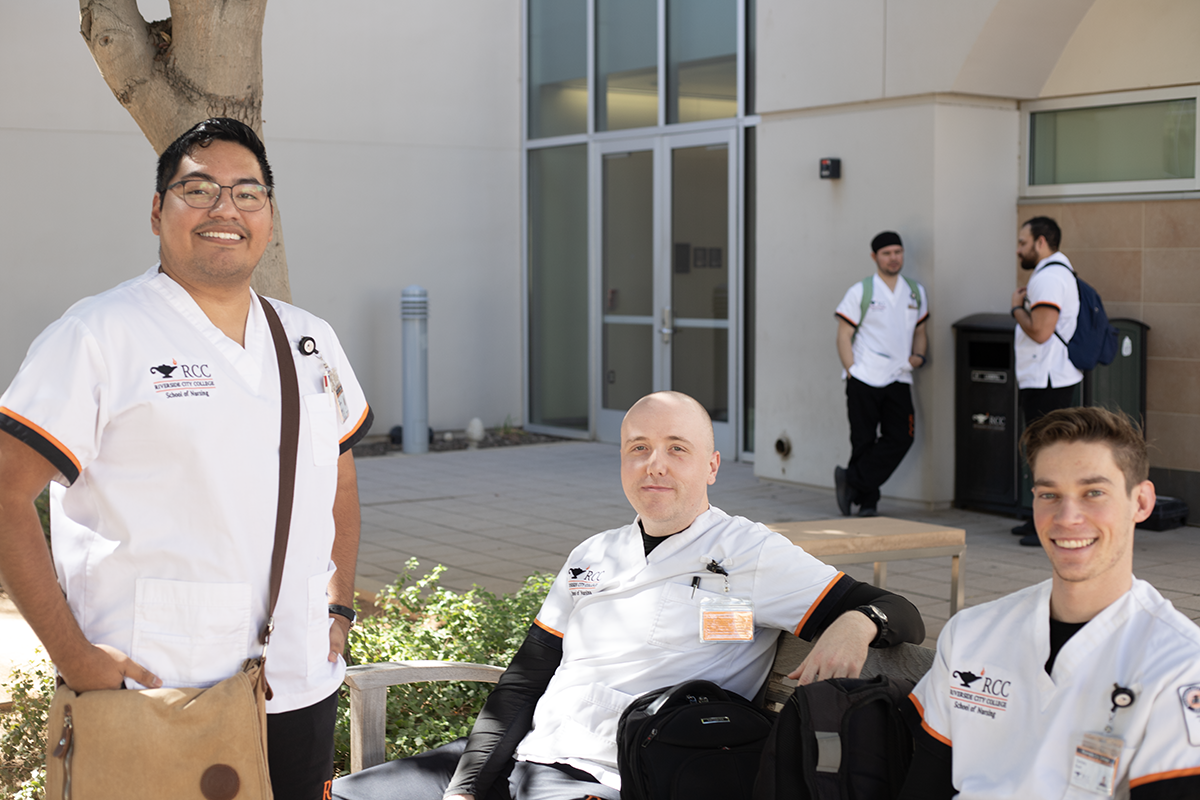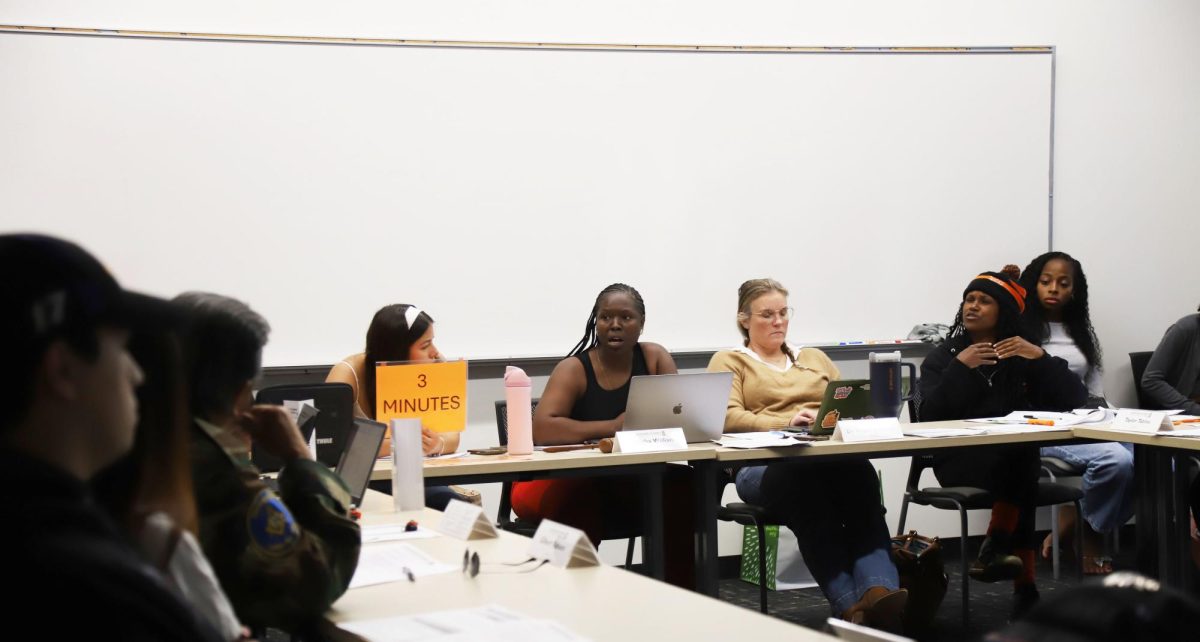By Victor Mora / Staff Writer
By Victor Mora / Staff Writer
College students socialize and get to know one another simply by going to class or by participating in clubs.
Through these methods of association general information is shared such as music, interests and fields of study but what is not often shared is living status.
They may not realize that the person they sit next to every class meeting has no home.
According to the National Association for the Education of Homeless Children and Youth, almost 47,204 students in the United States identified themselves as homeless on their financial aid applications in 2009.
Universities in California have also been dealing with addressing the needs of homeless students.
UCLA for instance, has created an Economic Crisis Response Team that provides on campus financial assistance.
Many articles from various news outlets acknowledge that the number of homeless college students has increased, however, there are no current statistics available, since many students do not wish to reveal that they are without a home.
Here, at Riverside City College, due to the current economic crisis, some students are struggling to not only do well in their classes, but also struggle with both finding and keeping a roof over their head.
The issue of homeless RCC students was first brought to the attention of Jonathan Flike, president of Associated Students of Riverside City College by Cecilia Alvarado, dean of Student Services during a meeting where they discussed the issue.
Since then, Flike has been visited numerous times by students of this demographic sharing their personal stories, one of which dealt with a single mother of four who was being evicted from her home and learned that she would not be eligible for financial aid the day of disbursement.
RCC, through student services, does offer assistance for low income students by way of the Extended Opportunity Programs & Services with donation from fellow students like toiletries, canned food, etc., and assistance for single parents via the Cooperative Agencies Resources for Education program.
However, there are no programs designed to help homeless students according to Flike.
In response to the lack of services for homeless students Flike has been working with Joey Reynoso, the vice president of ASRCC in implementing the ASRCC CARES program which is an expansion of the food pantry consisting of sustainable foods located in student services, which was created by the administration for students.
A food voucher program was also created through the CARES program and food services.
Students can qualify for the food voucher by meeting criteria of having 9 units, a 2.0 grade point average and not be receiving similar services.
Other programs in the works are peer to peer counseling, scholarships to at risk students and a brochure providing information on the resources available outside the college that students can contact to get assistance.
Flike has also been meeting with vice president of Student Services, Dr. Edward Bush, who has been very supportive of the ideas Flike presents.
Students can also involve themselves by attending executive meetings or even make suggestions to Flike who can be found in his office.
If students, faculty or staff have any questions regarding the programs, please contact Flike at the ASRCC office near the Bradshaw building and cafeteria.






